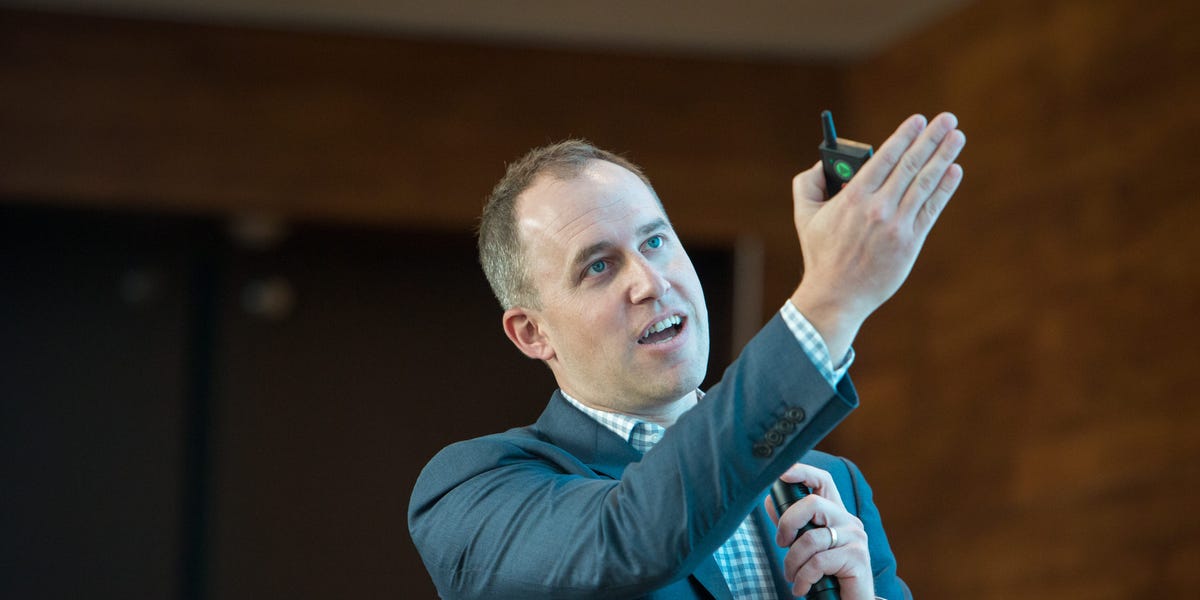Chair of OpenAI Expresses Optimism About the Impact of AI on Work

Embracing AI in the Workplace: Insights from Bret Taylor
The Role of AI in Modern Work
Bret Taylor, the chair of OpenAI and leader of the AI startup Sierra, has shared an optimistic view regarding the integration of artificial intelligence into everyday jobs. His insights come at a time when many knowledge workers express concerns about being overtaken by technology, fearing for their job security.
Historical Comparison: Excel’s Impact
Taylor draws a parallel to Microsoft Excel, which was launched in 1985. He points out that Excel revolutionized the accounting profession by automating tasks that were once done manually. Despite this significant technological shift, he emphasizes that using Excel did not diminish the value of accountants; rather, it transformed their roles.
"Just because you didn’t manually perform every calculation, it doesn’t lessen the results you deliver to your clients," he noted during a recent episode of The Knowledge Project Podcast.
The Future of Software Engineering
As we look ahead, Taylor anticipates major changes in the field of software engineering within the next couple of years. He suggests that those who consider programming merely as a function of typing speed in coding environments—known as integrated development environments (IDEs)—may find themselves struggling to keep up.
Shifting Focus in Engineering Roles
Taylor advises software engineers to shift their focus from speed to the essence of innovation and guidance. He believes that understanding what to build and effectively directing AI tools will become crucial skills. "Your judgment as a software engineer will still hold significant importance," he explained.
The key takeaway is that workers whose expertise is rooted in outdated tools are more likely to be subject to replacement. "Those who define their roles strictly by their proficiency with past technologies will face disruption," he asserted.
Embracing Reskilling and Adaptation
In this evolving landscape, Taylor encourages workers to consider how they can enhance their value by being adaptable. He promotes an open-minded approach toward reskilling and reimagining one’s job role in light of advancing technologies.
Steps to Transition into the AI Landscape
- Identify New Skills: Workers should evaluate the skills that will be relevant in an AI-driven environment.
- Continuous Learning: Engage in lifelong learning to stay updated with the latest tools and technologies.
- Focus on Problem-Solving: Shift from technical execution to creative problem-solving and strategic thinking.
- Collaborate with AI: Understand how to leverage AI tools to enhance productivity and innovation in work processes.
Long-Term Outlook
Looking further into the future, Taylor maintains a hopeful perspective: “If you project yourself 25 or 50 years into the future, the potential for growth and innovation is immense.” This reflection underscores the idea that while the next few years may bring turbulence for certain job roles, the long-term possibilities of integrating AI into our workplaces are promising.
As the landscape of work transforms with AI, the emphasis will increasingly be on human creativity, judgment, and the ability to adapt to new technologies. Instead of fearing obsolescence, workers can position themselves to evolve and thrive in this new reality.






